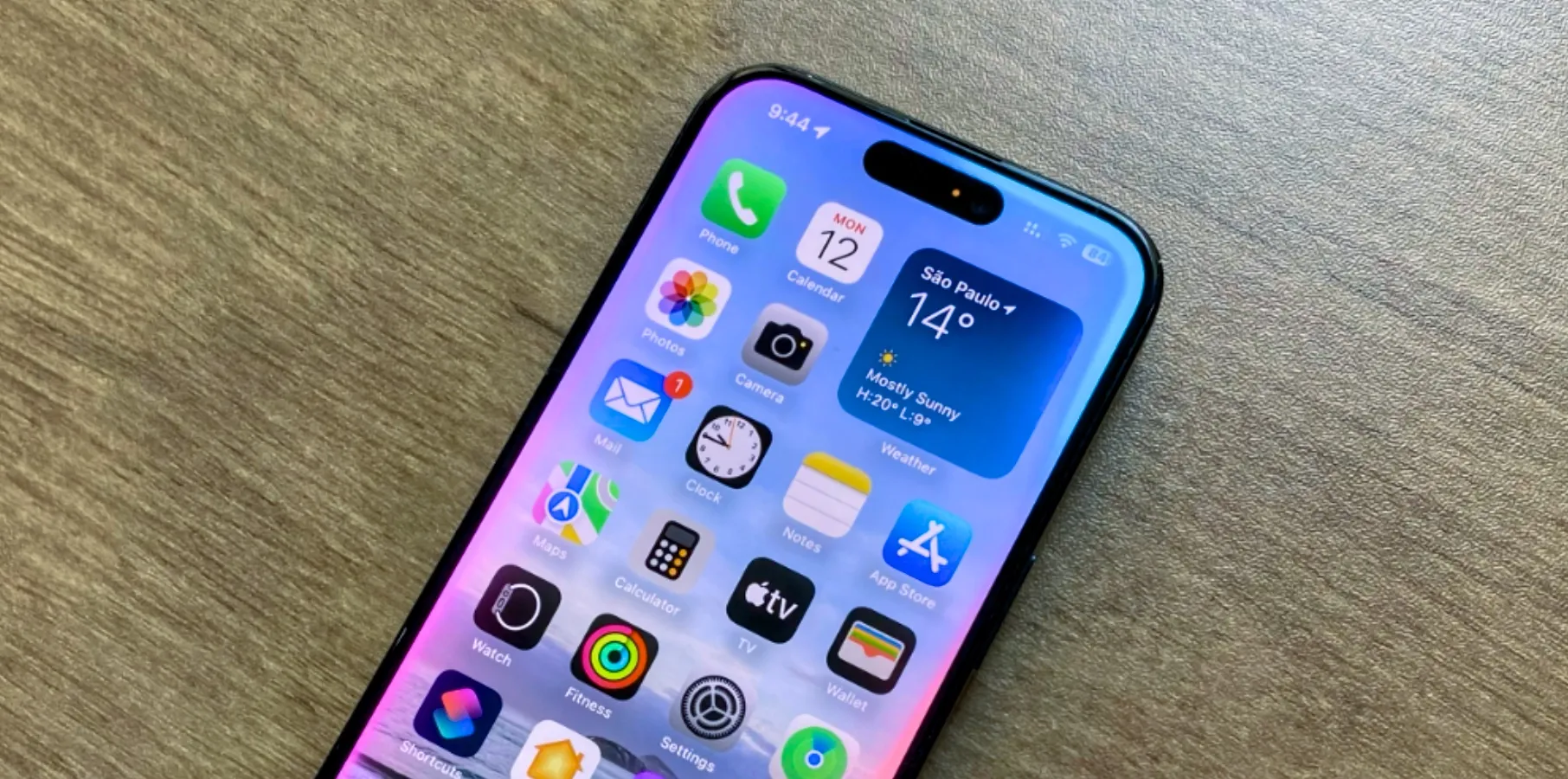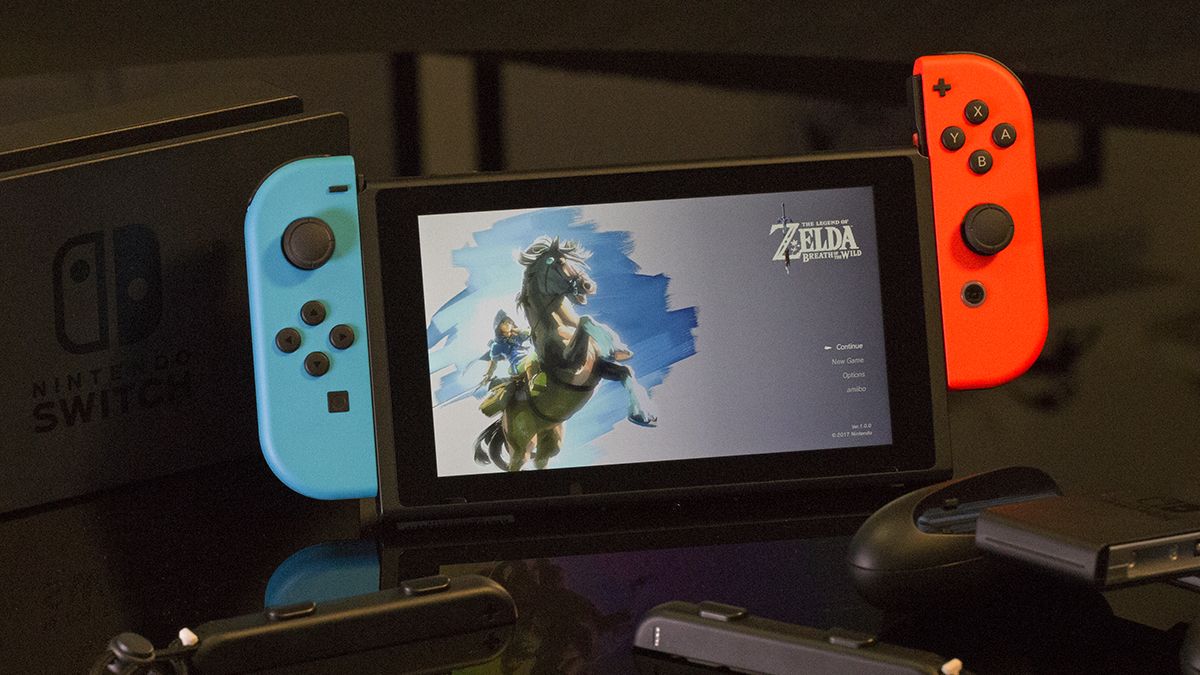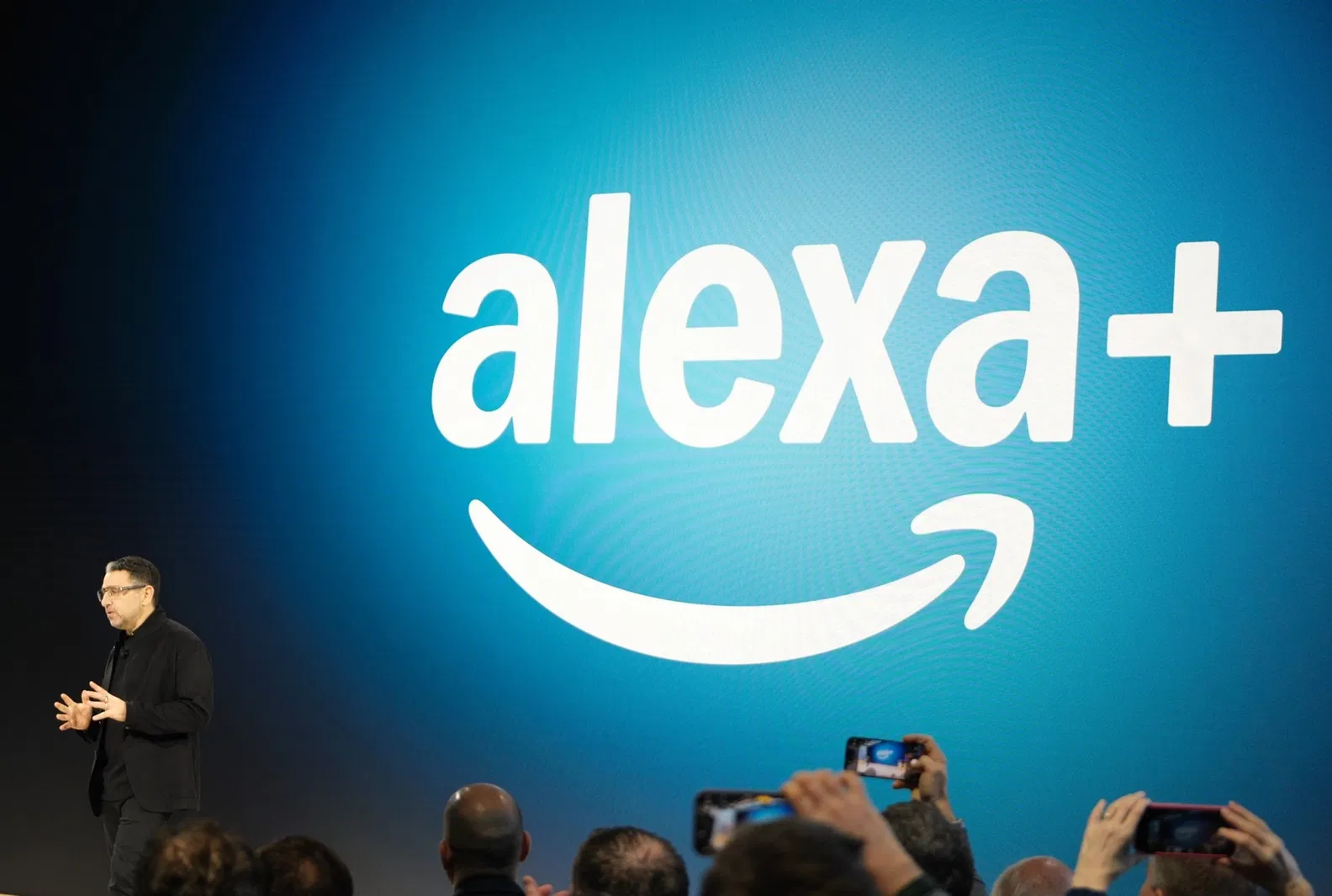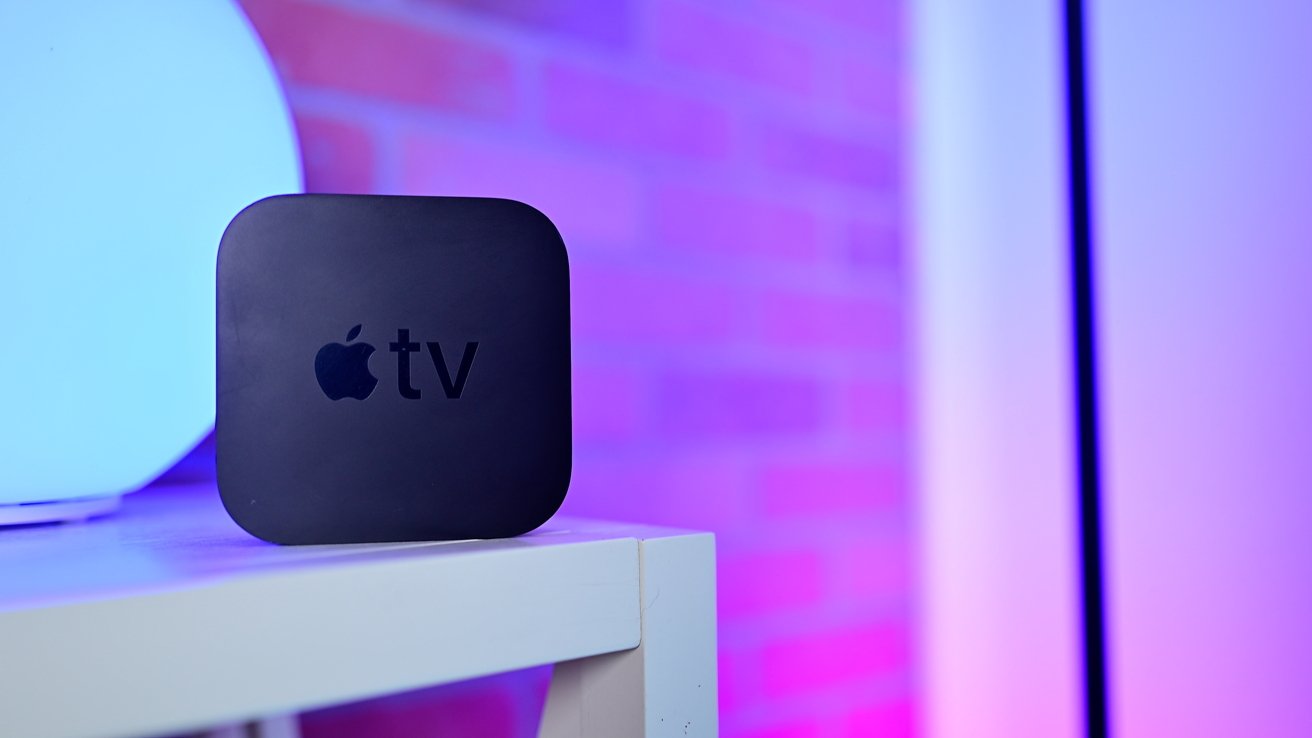Google is about to give the Play Store a major spring cleaning. Starting August 31, 2024, low-quality apps could find themselves booted from the Android app marketplace. This move is a significant shift in Google’s approach, aimed at improving the overall user experience and security on the platform.
What Qualifies as “Low-Quality?”
Google’s updated “Spam and Minimum Functionality” policy sets a higher bar for apps. This isn’t just about malicious apps anymore; it’s about improving overall quality. Apps will need to provide:
- Stable and Responsive Performance: Crashing apps or those with slow loading times are at risk.
- Engaging User Experience: Apps with minimal content or that offer a poor user experience are in the crosshairs.
- Basic Utility: Apps that offer little to no value beyond simple text displays or single wallpapers may face removal.
Specific examples of apps at risk include:
- Text-only apps that offer no additional features.
- Single wallpaper apps that don’t provide additional functionality.
- Apps that fail to install or load properly.
- Apps that are unresponsive to user input.
The Crackdown Begins
Google isn’t playing around. In 2023 alone, they blocked a whopping 2.28 million apps for violating policies and rejected nearly 200,000 submissions. The new policy is likely to lead to a significant purge of low-quality apps from the Play Store.
Impact on Users
For most users, this is good news. It means a less cluttered app store, fewer frustrating downloads, and a reduced risk of encountering buggy or malicious apps. However, some users may be surprised to find their favorite niche apps missing. It’s a good idea to check if any apps you regularly use are likely to be affected by the new policy.
Impact on Developers
This policy change is a wake-up call for developers. It’s no longer enough to simply publish an app; it must offer a genuinely valuable and polished experience. Developers will need to prioritize performance, user interface design, and meaningful functionality to survive in the new Play Store landscape.
While some may criticize Google for acting too late, this move is a clear step in the right direction. By raising the quality bar, Google aims to make the Play Store a more trustworthy and enjoyable experience for users. However, the long-term success of this policy will depend on how effectively Google enforces it and how developers adapt to the stricter guidelines.










Add Comment